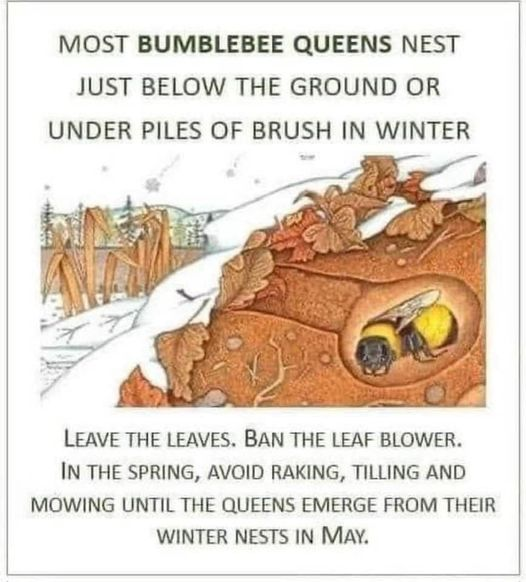this post was submitted on 18 Nov 2024
771 points (96.4% liked)
Science Memes
11498 readers
2802 users here now
Welcome to c/science_memes @ Mander.xyz!
A place for majestic STEMLORD peacocking, as well as memes about the realities of working in a lab.

Rules
- Don't throw mud. Behave like an intellectual and remember the human.
- Keep it rooted (on topic).
- No spam.
- Infographics welcome, get schooled.
This is a science community. We use the Dawkins definition of meme.
Research Committee
Other Mander Communities
Science and Research
Biology and Life Sciences
- [email protected]
- [email protected]
- [email protected]
- [email protected]
- [email protected]
- [email protected]
- [email protected]
- [email protected]
- [email protected]
- [email protected]
- [email protected]
- [email protected]
- [email protected]
- [email protected]
- [email protected]
- [email protected]
- [email protected]
- [email protected]
- [email protected]
- [email protected]
- [email protected]
- [email protected]
- [email protected]
- [email protected]
- !reptiles and [email protected]
Physical Sciences
- [email protected]
- [email protected]
- [email protected]
- [email protected]
- [email protected]
- [email protected]
- [email protected]
- [email protected]
- [email protected]
Humanities and Social Sciences
Practical and Applied Sciences
- !exercise-and [email protected]
- [email protected]
- !self [email protected]
- [email protected]
- [email protected]
- [email protected]
Memes
Miscellaneous
founded 2 years ago
MODERATORS
you are viewing a single comment's thread
view the rest of the comments
view the rest of the comments

Colony collapse was due to fungicides being sprayed in the day. -Bees don't need extra pollen (they have plenty of food to spare which is why we have honey as a product), and they don't need people's lawns (pick the leaves up before winter).
Leaving leaves is just being an asshole neighbor making safe paths for vermin to get into houses, and reduce the value of neighboring properties.
Since HOAs were mentioned, I assume the previous comment was about the US (unless there are countries in the Old World where they are as prevalent, but I know of none). Domestic honey bees aren't native to the US, and many native bees are endangered for many different reasons. In the rest of the world as well, honey bees aren't the only bees, or the only pollinating insects, and each pollinator has their plants of predilections, some species of plants depend entirely on some species of insect, so insect biodiversity is very important. Protecting native bees in the Americas has particular stakes, because they're the most adept at pollinating the native plants which are the cornerstones of several ecosystems.
Please cite your sources.
Does his ass count as a source?
I think that counts as a secondary/#2 source?
You're not OP
Lmfao
Bumble bees do not produce large amounts of honey.
They keep enough food for a couple of days bad weather, but otherwise they don't overproduce at all.
Leaving leaves also kills the grass under them.
It most certainly does not. Source: have a tree, a lawn, and no interest in spending time raking leaves.
It really depends on how many leaves we're talking; a thin, evenly distributed layer? Yeah that's just mulch and is great. A thicker layer that turns slimy and dense? That grass is a goner. Area and species of leaves probably pays a big part I imagine. I have an area near a fence where the leaves piled up and were left a year and now there's no grass there, even a couple years later (there's a super embedded layer of decomposing leaves that's blocking everything else out even after removing the bulk of the leaves)
Of course, there's never room for nuance in these conversations.
I've got two big sycamores in my front yard, and they both are currently dropping leaves the size of dinner plates in enough quantity to completely cover large portions of the yard. If I don't rake or mulch them, they will smother whatever ground cover that's underneath them. I know this because I tried leaving them one year and it took the next three years to get all the mud pits left behind in the spring to fill back in.
oh no! Anyways...